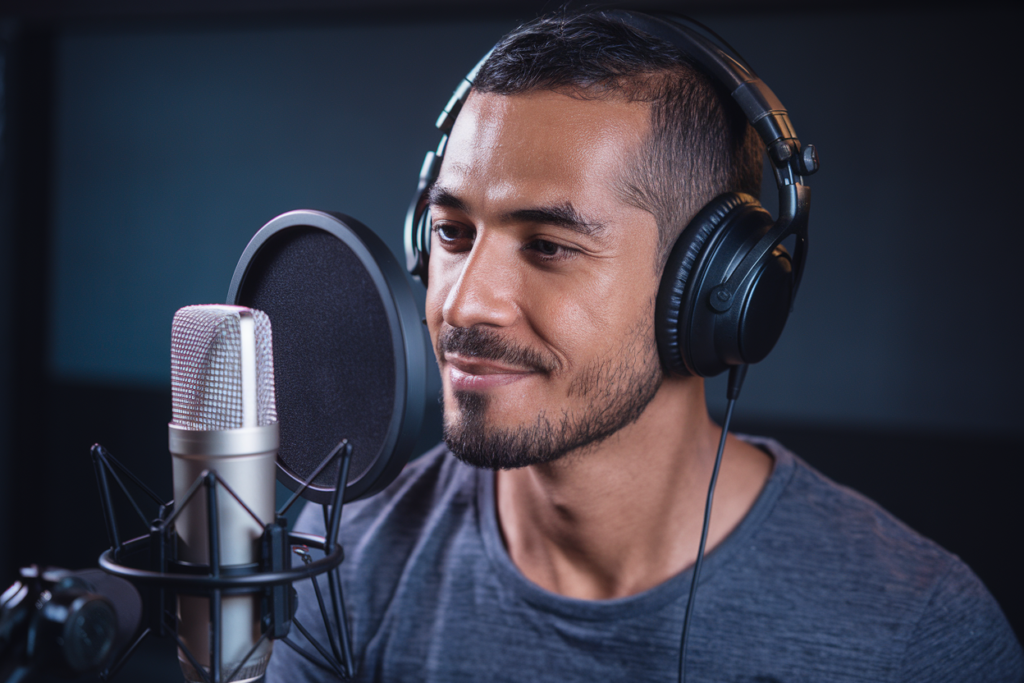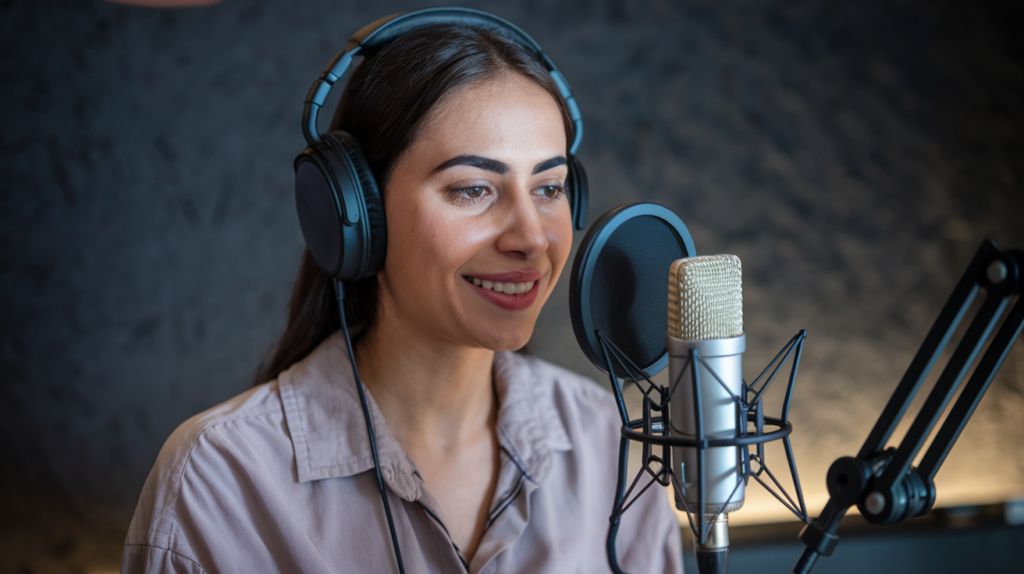Arabic is one of the most widely spoken languages in the world, with over 420 million speakers across the Middle East, North Africa, and beyond. The demand for professional Arabic voice over actors continues to rise as businesses, media, and educational institutions seek to connect with this diverse and influential audience.
The Role of an Arabic Voice Over Actor
An Arabic voice over actor brings scripts to life by delivering them in fluent, culturally nuanced Arabic. Their work spans various industries, such as:
- Advertising and Marketing: Crafting engaging and persuasive content for commercials.
- Film and Television: Dubbing international content or providing narration.
- E-learning: Recording educational materials for online courses.
- Corporate Content: Narrating training videos or presentations.
- Gaming and Animation: Voicing characters with distinct personalities.
A professional Arabic voice over actor ensures authenticity and emotional resonance, tailoring their delivery to the target audience.
Language Variations in Arabic Voice Overs
Arabic is a highly diverse language, with significant variations across regions. When selecting an Arabic voice over actor, it’s crucial to understand the distinctions between:
Modern Standard Arabic (MSA)
- Usage: Formal contexts, including news broadcasts, official documents, and educational materials.
- Key Feature: Universally understood by Arabic speakers but rarely used in casual conversation.
Regional Dialects
Arabic’s dialects vary widely, and understanding these differences can make or break a project’s success:
- Levantine Arabic: Spoken in countries like Lebanon, Syria, Jordan, and Palestine. Ideal for connecting with audiences in the eastern Mediterranean.
- Gulf Arabic: Common in Gulf Cooperation Council (GCC) countries like Saudi Arabia, UAE, Qatar, and Kuwait. Often used in corporate and luxury brand communications.
- Egyptian Arabic: Popular across the Arab world due to Egypt’s influence in cinema and media.
- Maghrebi Arabic: Spoken in North African countries like Morocco, Algeria, and Tunisia. It often requires specific expertise due to its unique phonetic qualities.
The Importance of Accent in Arabic Voice Overs
Accents play a pivotal role in localizing content effectively. A skilled Arabic voice over actor can adapt their accent to match:
- Target Audience Preferences: Ensuring relatability by using a local or familiar accent.
- Project Requirements: Adopting a neutral or widely understood accent, like Modern Standard Arabic, for broader reach.
Qualities of a Professional Arabic Voice Over Actor
A great Arabic voice over actor possesses:
- Linguistic Fluency: Mastery of Modern Standard Arabic and relevant dialects.
- Cultural Understanding: Awareness of cultural nuances to avoid miscommunication.
- Voice Versatility: Ability to adapt tone, pitch, and pace for various genres, such as serious documentaries or playful animations.
- Technical Skills: Familiarity with recording equipment and audio editing software for high-quality delivery.
Choosing the Right Arabic Voice Over Actor
To select the perfect Arabic voice over actor for your project:
- Define Your Audience: Specify the region, age group, and preferences.
- Review Demos: Listen to voice samples to assess the actor’s range and suitability.
- Assess Expertise: Ensure they have experience in your project’s genre.
- Collaborate on Script Localization: Work together to adapt content for cultural and linguistic accuracy.
Hiring an Arabic voice over actor with the right skills and cultural insight ensures your message resonates powerfully, fostering trust and engagement with Arabic-speaking audiences.







